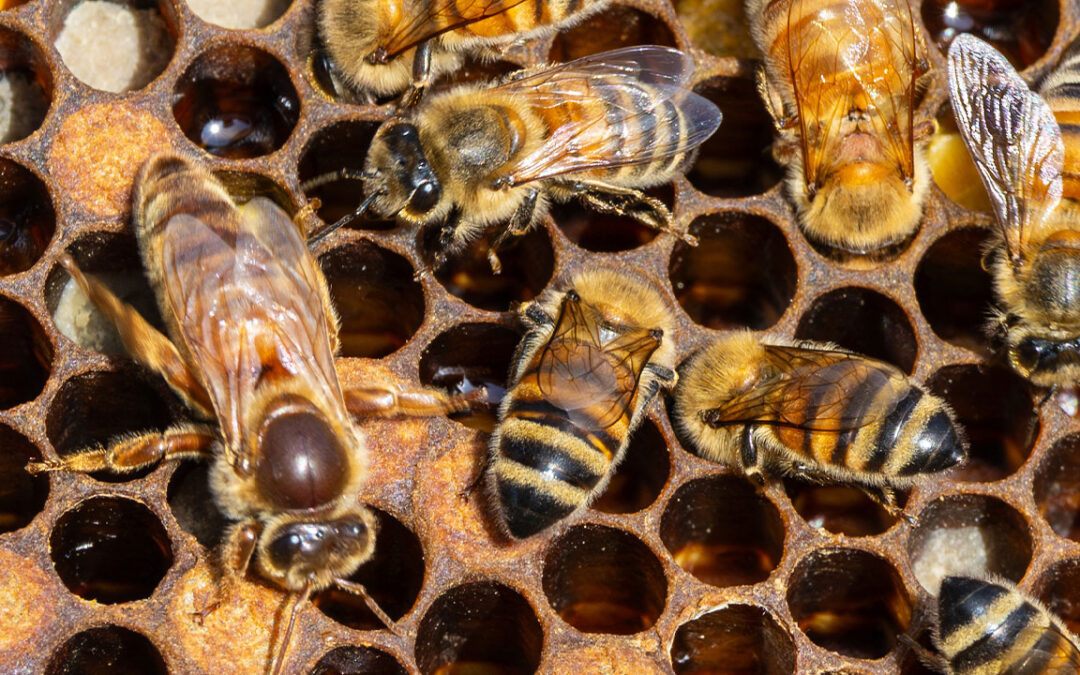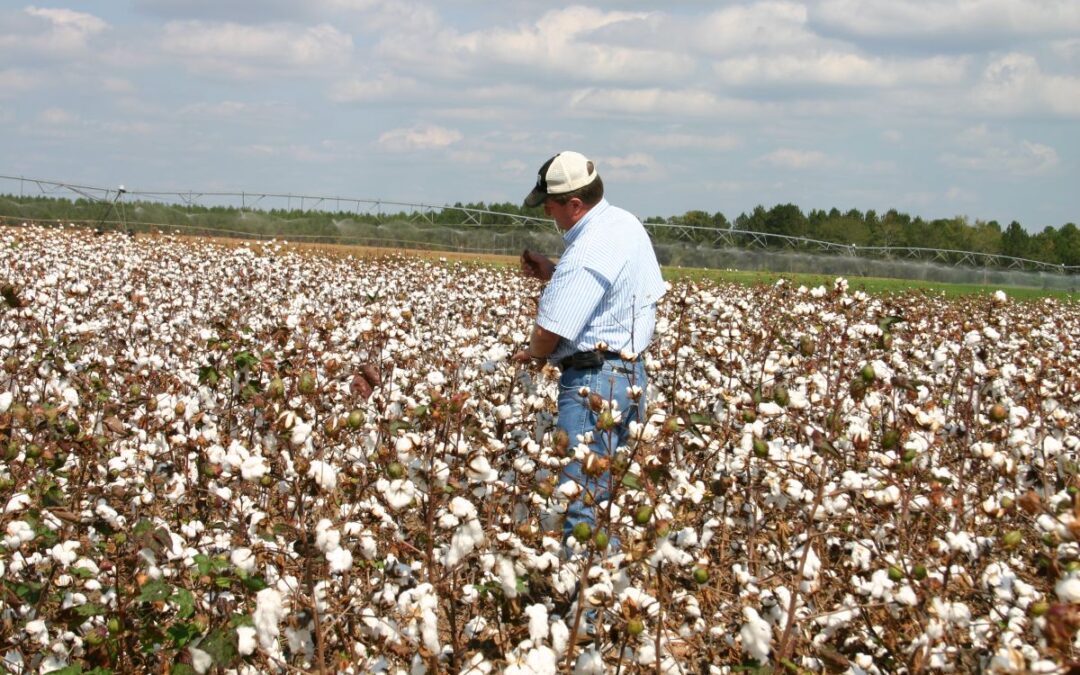
Esther Ngumbi displays a poster developed for her family farm’s participation in World Food Day 2016.
by JAMIE CREAMER
The location selected for this year’s grand UN World Food Day celebration in Kenya’s southernmost county of Kwale just goes to show, you never know who’s watching.
The site is a 10-acre family farm in the destitute coastal village of Mabafweni. But this isn’t just a random farm. It’s a thriving operation, a model, and it’s where, five or so years ago, a revolution began—a revolution of the agricultural kind, a gradual movement that is transforming how farmers farm.
Side note: If something about this is beginning to sound vaguely familiar, it’s probably because the farm is that of the Ngumbi family, and you’ve heard or read something about one of Harrison and Bertha’s children, Esther. You know; the Auburn entomology and plant pathology researcher who graduated with her Ph.D. in entomology from Auburn in 2011 and in the years since has been on a nonstop mission to build her poverty-stricken village into the agricultural hub of the Kenyan Coast.
But back to the story. Sometime in early summer, Esther’s brother and farm manager Kennedy grew puzzled. Though the remarkable innovations on and success of the farm often do draw visitors, as of late, a growing number of groups had been showing up, observing the crops and the work, and leaving.
“Our farm is always a beehive of activity and very hard work, but I would say to him, ‘Why are they there?’ and he would say, ‘I have no idea,’” Esther says.
As it turned out, the visitors were primarily Kwale County extension and county government people who were scouting the farm as a potential site for the Oct. 14 World Food Day observance.
But it wasn’t until the first week of August that the official word came down: The Ngumbi farm in Mabafweni village would host the 2016 celebration for Kwale County, population 650,000. Esther, giddy with excitement, went wild on Facebook, announcing the news of the great honor for her farm and village.
And, of course, she’ll be there, on a trip courtesy of Auburn’s Office of University Outreach.
“This celebration is why I say, work hard and do your best because you never know who’s watching what you do,” she says. “This event is a blessing for our community.”
Kwale County Gov. Salim Mvurya and the minister in charge of agriculture, Joanne Nyamasyo, will speak during the ceremonies. And so will Esther, who, with parched corn crops as a background, plans to take full advantage of the opportunity.
“In our community, all of our crops depend on rain,” she says. “We have no running water, only wells.
“We cannot continue to have farming without water,” she says. “I will be advocating that the government must bring running water to our village.
She’ll have a captive audience and the governor’s ear. Odds are in her—and Mabafweni’s—favor.




